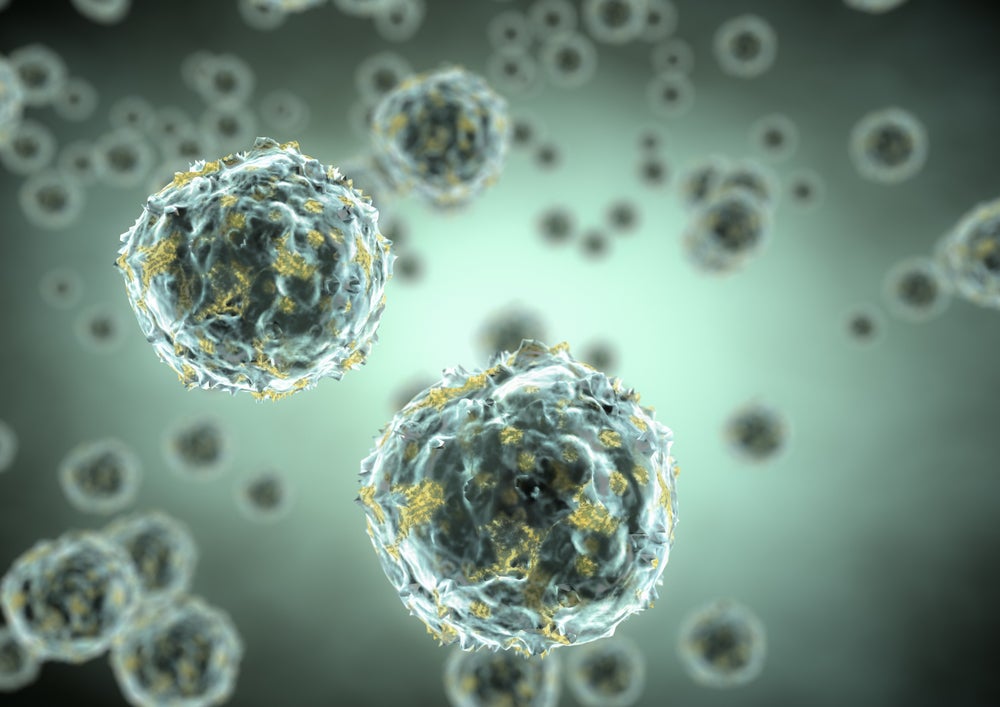Chlorine Treatment Can Accelerate Antibiotic Resistance, Study Says
Published on by Naizam (Nai) Jaffer, Municipal Operations Manager (Water, Wastewater, Stormwater, Roads, & Parks) in Academic
 As anyone who's ever owned a pet fish or gone to a public swimming pool knows, chlorine is commonly used to disinfect water. Ironically, when it comes to sewage treatment, it may be doing just the opposite.
As anyone who's ever owned a pet fish or gone to a public swimming pool knows, chlorine is commonly used to disinfect water. Ironically, when it comes to sewage treatment, it may be doing just the opposite.
At wastewater treatment plants, chlorine is used to eliminate both harmful bacteria and pharmaceutical residues, including antibiotics. But research presented today at the annual meeting of the American Chemical Societyshows how chlorine treatment, rather than eliminating drug residues, may encourage the formation of brand-new antibiotics. Upon re-entering the environment, these new drugs can, in theory, promote the growth of antibiotic resistant bacteria. Well, shit.
The practice of disinfecting water with chlorine hails from an era when public consumption of prescription drugs—including antibiotics—was much lower. But our now-drug-laden waste may require a different treatment. According to lead researcher Olya Keen at the University of North Carolina Charlotte:
"Treated wastewater is one of the major sources of pharmaceuticals and antibiotics in the environment. Wastewater treatment facilities were not designed to remove these drugs. The molecules are typically very stable and do not easily get biodegraded. Instead, most just pass through the treatment facility and into the aquatic environment."
Failing to remove drugs is one thing, but disturbingly, treatment facilities that use chlorine may also encourage the formation of new antibiotics. In the lab, Keen exposed doxycycline—an antibiotic used to treat everything from acne to malaria—to chlorine. She describes her findings in the study's abstract:
The study evaluated the changes in the antibacterial activity of the products that form in the reaction between doxycycline and chlorine using antibiotic resistance assays. The results showed that some of the transformation products have antibiotic properties. The products of chlorination were also examined...and several chlorinated products were detected. These transformation products may still select for antibiotic resistant micro-organisms in the environment even in the absence of the parent doxycycline molecule. This suggests that re-evaluation of wastewater disinfection practices may be needed.
Antibiotic resistance is now serious public health problem; one that's been fueled by the overuse use of antibiotics in animal agriculture. We already knew that antibiotic-resistant bacteria can make their way from factory farms to urban centers via insects and waterways. The new study suggests another avenue by which pernicious, drug-resistant bugs might be accumulating in the environment.
Attached link
http://gizmodo.com/chlorine-treatment-can-accelerate-antibiotic-resistance-1692651466Taxonomy
- Wastewater Treatment
- Pharmaceutical Chemicals
- water treatment